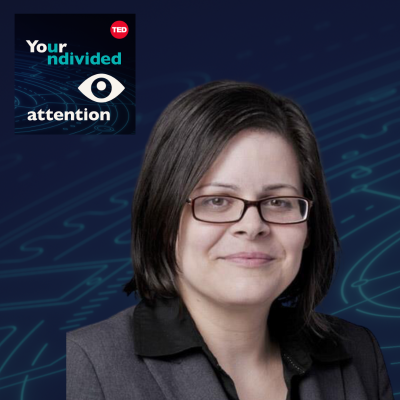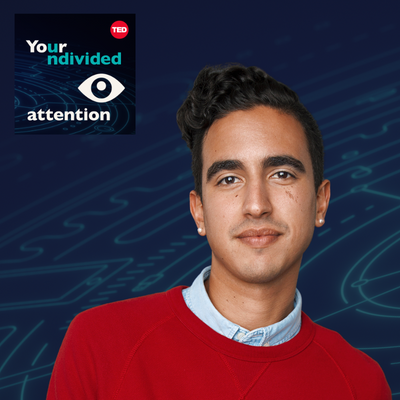Episode 72 | Jul 21, 2023
Social Media Victims Lawyer Up with Laura Marquez-Garrett
Social media was humanity’s ‘first contact’ moment with AI. If we’re going to create laws that are strong enough to prevent runaway AI from destroying our societies, we could benefit from taking a look at the major lawsuits against social media platforms that are playing out in our courts right now.
In our last episode, we took a close look at Big Food and its dangerous “race to the bottom” that parallels AI. We continue that theme this week with an episode about litigating social media and the consequences of the race to engagement in order to inform how we can approach AI harms.
Our guest, attorney Laura Marquez-Garrett, left her predominantly defense-oriented practice to join the Social Media Victims Law Center in February 2022. Laura is literally on the front lines of the battle to hold social media firms accountable for the harms they have created in young people’s lives for the past decade.
Listener warning: there are distressing and potentially triggering details within the episode.
Correction: Tristan refers to the Social Media Victims Law Center as a nonprofit legal center. They are a for-profit law firm.
Major Takeaways
Major lawsuits are currently being waged against Big Tech on behalf of parents and children who have been severely harmed by their interactions with social media. Laura Marquez-Garrett works at The Social Media Victims Law Center, a law firm that was founded in 2021 in response to the testimony of Facebook whistleblower Frances Haugen. This interview includes disturbing real-life stories that are currently being litigated.
The founding fathers didn’t intend for free speech to protect drug dealers on social media. For example, Section 230 of the Communications Decency Act did not foresee the deadly combination of fentanyl and Snap Map, a feature that allows drug dealers to see your location. But so far, companies have been using the free speech protections under 230 to argue that they’re immune to any kind of liability for the content they host.
But Section 230 does not, in fact, shield tech companies from prosecution. Laura describes how these products are defective by design, and how litigation has become a last resort tool to force companies to change their products. As she says, “We have to make it more expensive for these companies to kill children than to not kill children.”
Failed policies and product features are the result of a values-blind economy that doesn’t perceive externalities. Social media companies can’t argue that they’re giving kids what they want because Laura’s team has shown that kids are getting drugs pushed to them on social media without seeking them out, for instance. We need to be aware of the unhealthy races around us in order to see and understand the underlying incentives that motivate them.
Other recommended reading
If you're a parent whose child has been impacted by social media, Attorneys General in Colorado, New Hampshire, and Tennessee are asking to hear your story.
Your testimonies can help ensure that social media platforms are designed safely for kids. For more information, please visit the respective state links.
Social Media Victims Law Center
A law firm that was founded in 2021 in response to the testimony of Facebook whistleblower Frances Haugen
Resources for Parents & Educators
Overwhelmed by our broken social media environment and wondering where to start? Check out our Youth Toolkit plus three actions you can take today
The Social Dilemma
Learn how the system works. Watch and share The Social Dilemma with people you care about

